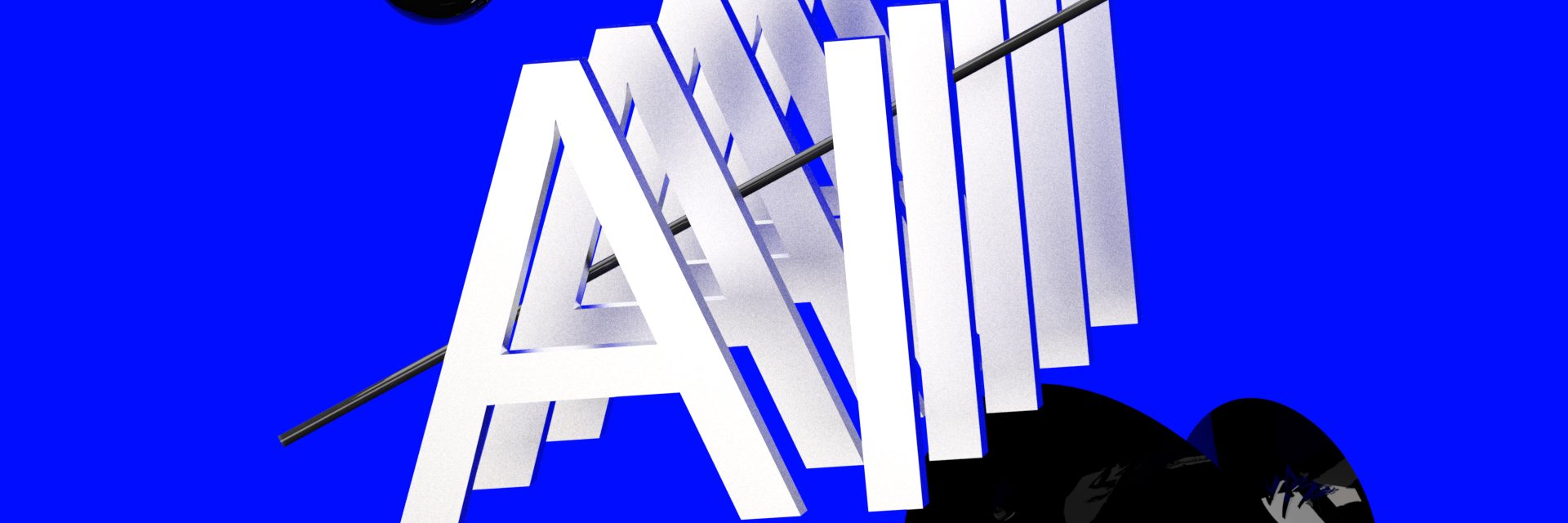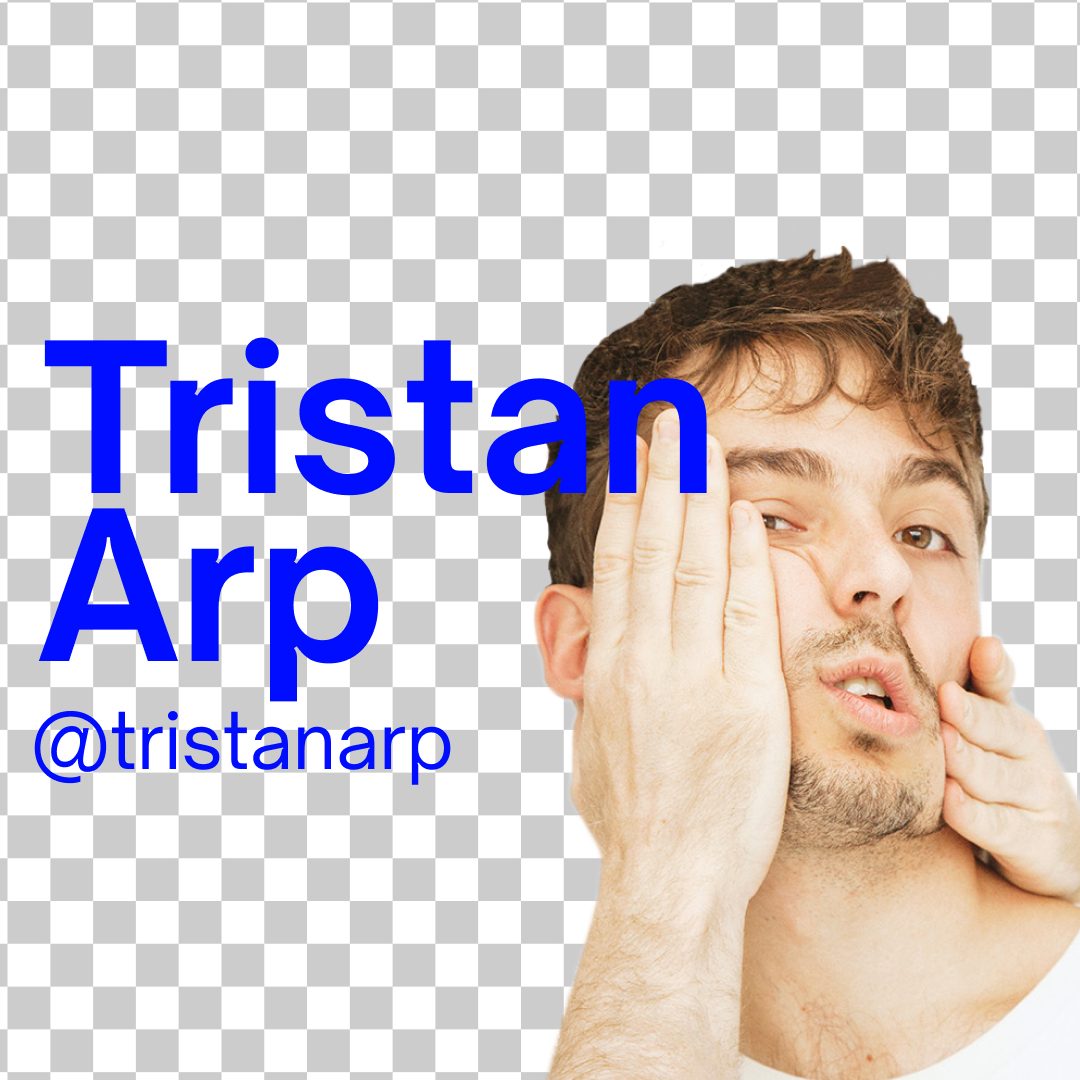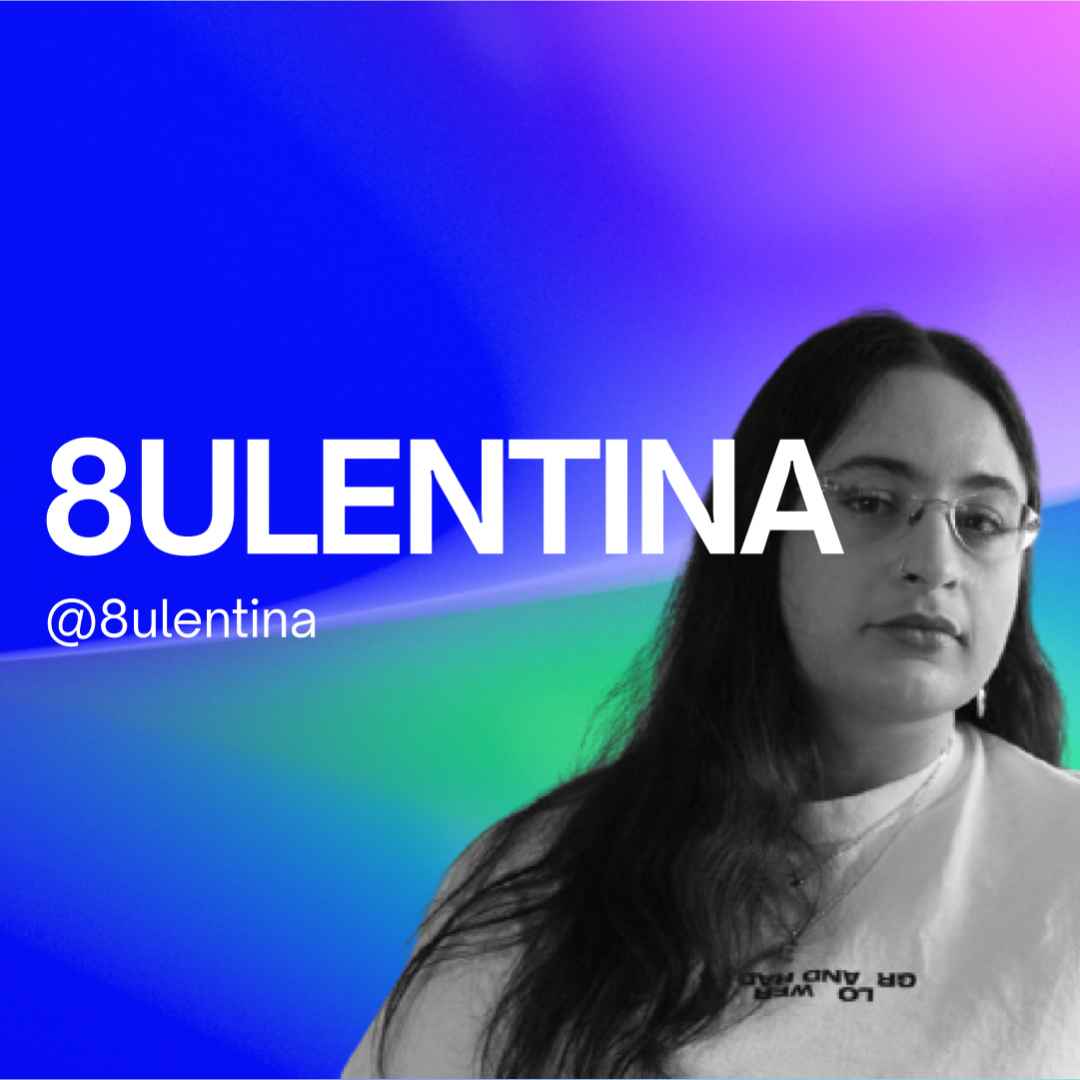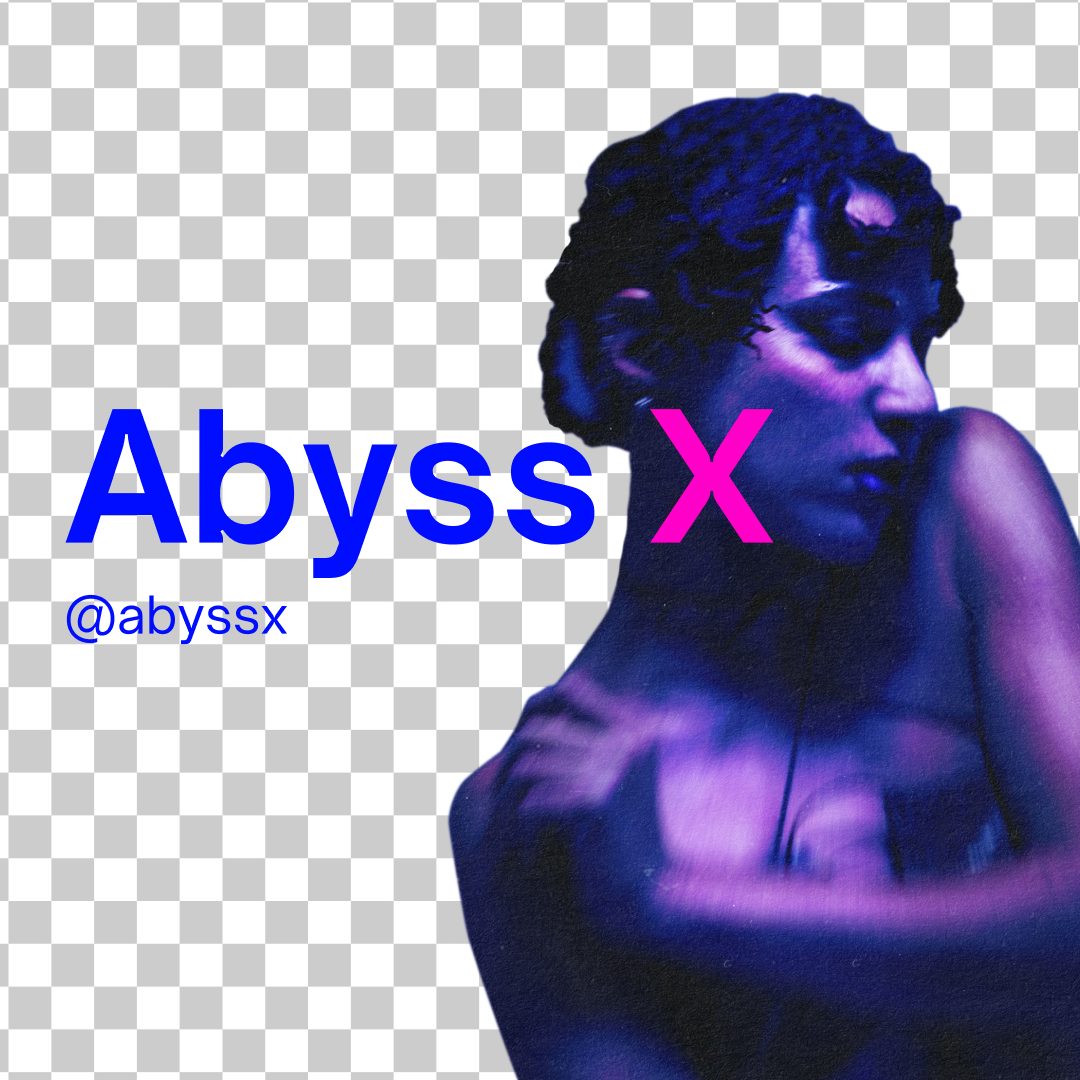For a lot of them, this wasn’t their first time collaborating with technologies. In fact, most musicians use technological tools at different stages of their creative process, whether that be mixing and mastering or go as far as to experiment with AI algorithmic composition. “I feel that the contribution of AI is a given already since we are all using DAWs to make, record, produce, [or] master our music,” Jay Glass Dubs states.
From a technical point of view, artificial intelligence accelerates the time it takes to go from ideation to implementation. “For me, technology as a method has always seemed to be built on the economy of time, which in turn increases productivity,” Mlin Patz shares. “Technologies created for commercial production allow musicians to get rid of routine work, which makes adaptation a subjective decision that depends on the task set.” Even though technologies as a structure mostly remain open only to the engineers given the “complexity of knowledge required to develop it”, they are beginning to be designed to have a lower threshold of entry, which opens the door for more musicians to tinker with the software.
At the same time, it’s easier to use than you think. “I’ve fallen on my face quite a lot with the process of learning to code with audio software and also build patches with synths which in itself is basically coding,” Etch admits. Although he became quite competent with things like Reaktor, which he uses in almost all of his work, he explains that Mubert “erases a lot of the really difficult parts to this and lets you focus on the initial creation of sounds while it works on the rest for you.”
Not only does AI assist in handling technical aspects of the songwriting process, but it also helps unleash the musician’s imagination. “Collaborating with Mubert brought me back to the experimental side I’ve been neglecting to tend to – and it feels good, man,” Sim Hutchins says. Etch built a module at university using Max/MSP that did a similar thing but, in his words, was “a lot more primitive” and only worked with pitch scale and waveforms.
“As someone who always begins with loops rather than just playing, it’s been quite inspiring — having fed loops and sounds I’ve made into the [Mubert] AI it’s actually come up with compositions that I’ve really enjoyed and probably wouldn’t have thought to come up with myself,” the artist continues. “One of the hardest first steps is going from loops to arrangements and this really eases that along but it doesn’t steal your creation from you.”
On the other hand, it is the boundaries that stimulate creativity. “Often I work with very strict rules — that’s what makes it experimental,” Richard Youngs says. “What I liked about making music for the Mubert project was this discipline. I had to stick to a time signature, a key, a certain number of bars, certain frequency ranges. It became like very interesting work – what could I do within these very precise boundaries?” In this case, each loop was a mini-experiment for Richard.
Looking into the future, artists think it’s a tool that many can use to enhance the various parts of the working process. “Let AI generate things and sort through those things as a human,” Sim adds. Mubert has also heard a lot of innovative ideas, from Jay Glass Dubs’ sound deodorant (think perfume dispenser but in music) and Mlin Patz’s acoustic spaces to Richard’s Turing test to determine whether a composition is algorithmic or human. What is clear, however, is that artificial intelligence will become more and more present in the music industry. It already is.
AI, Artist Interviews, Artists, Creators, InterviewsAbout us
Mubert is a platform powered by music producers that helps creators and brands generate unlimited royalty-free music with the help of AI. Mubert's mission is to empower and protect the creators. Our purpose is to democratize the Creator Economy.
For Creators API for Developers For Musicians














